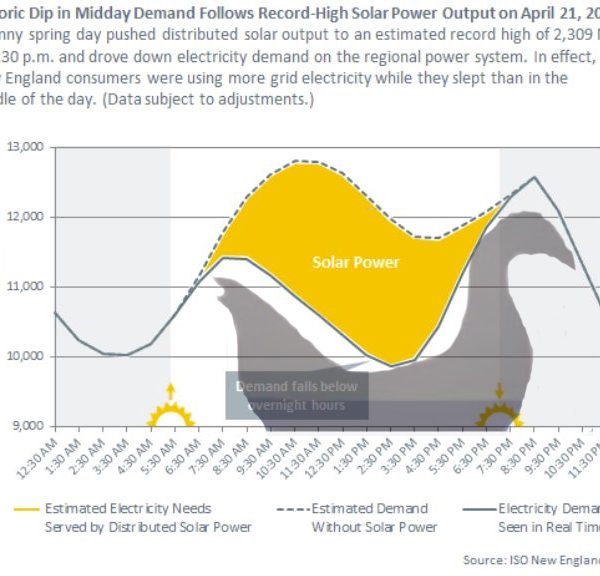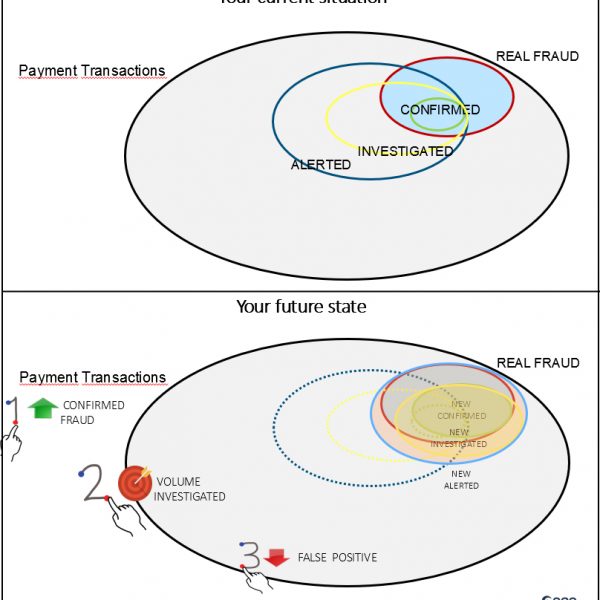
Ever heard of a Turducken? It's a chicken stuffed inside a duck that's stuffed inside a turkey along with layers of stuffing (which I just learned is referred to as a three-bird roast outside the US and Canada; there's also an English variant known as a gooducken, where the turkey



